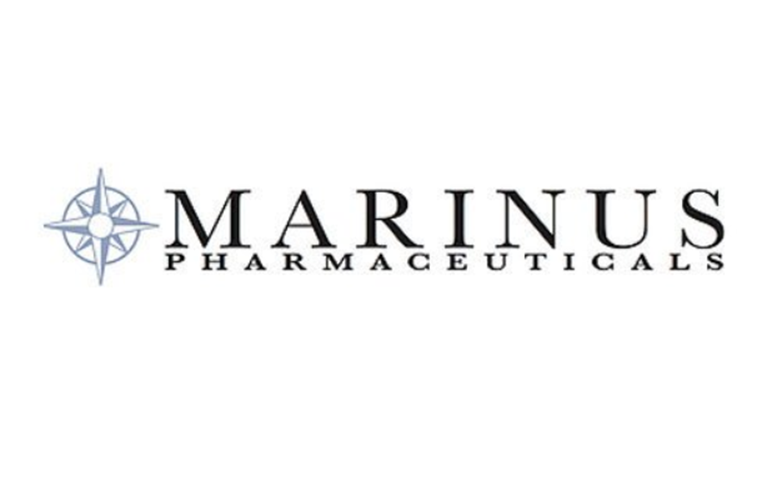NEW YORK, July 9, 2024 /PRNewswire/ — Bioremediation using microorganisms has emerged as a sustainable solution for addressing potentially toxic elements (PTEs) in soils. A recent study conducted by a team of scientists, led by Dr. Amanda Ferreira and Dr. Tiago Ferreira (unrelated) from the Department of Environmental Sciences, Federal University of São Paulo, Brazil evaluated the effectiveness of a microbial consortium contained in Microbe-Lift technology, represented by BioVirtus, in remediating iron-rich mining tailings. The results of the research revealed significant changes in the geochemical fractionation of iron and PTEs in the solid phase, demonstrating the impact of the microbial treatments on PTE bioavailability. Increasing microbial count led to an increase in the dissolution of PTEs, suggesting potential applications in assisting other remediation strategies such as phytoremediation and immobilization through biomineralization. Dr. Amanda Ferreira shared this observation of the research, “Soils are a complex environment, and when they are contaminated with multiple PTEs, the microbial consortium has many advantages such as synergistic interactions allowing the simultaneous remediation of more than one contaminant, also better adaptation and resistance in multi-contaminated sites”.
These findings have significant environmental implications. By enhancing removal and immobilization of PTEs from mining tailings, microbial bioremediation offers a sustainable approach to mitigating contamination and reducing the risk of hazardous elements leaching into surrounding ecosystems. Increased bioavailability of micronutrients resulting from microbial treatment facilitate the uptake and sequestration of PTEs by vegetation, enhancing the effectiveness of phytoremediation strategies in contaminated areas. Unique effects were demonstrated in Cadmium-Cd, Chromium-(Cd, Copper-Cu, Lead-Pb, Iron-Fe and Manganese-Mn.
These findings correlate closely with the findings Microbe-Lift’s parent company, Ecological Labs has seen in the field. Delvia Lukito, head of R&D at Ecological Labs shared, “In past Citrus and Vegetable work, 3rd parties noted a similar formulation delivered tremendous success in unlocking micronutrients in soil as demonstrated thru plant uptake and tissue samples.” Tania Sandaniel, CEO of BioVirtus expressed, “the 2015 Mariana disaster, was the greatest environmental tragedy in the history of Brazil, releasing ~62 million cubic meters of mining waste that traveled >600km until reaching the Rio Doce estuary in Espirito Santo. This study demonstrates BioVirtus is bringing the next evolution in bioremediation technologies to solve environmental challenges in Brazil and beyond.”
These findings underscore the potential of microbial bioremediation, specifically Microbe-Lift technology, as a cost-effective and environmentally friendly solution for remediating contaminated sites and restoring ecosystem health.
SOURCE Ecological Laboratories, Inc.

Featured image: Megapixl © Stokkete





